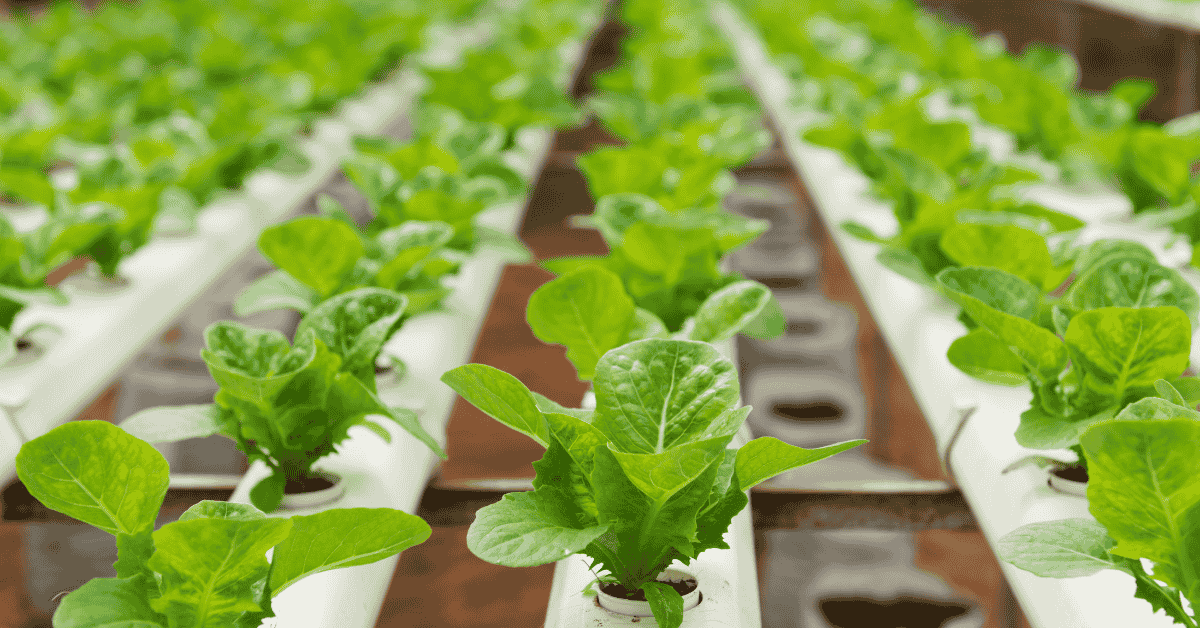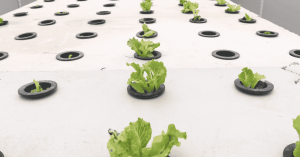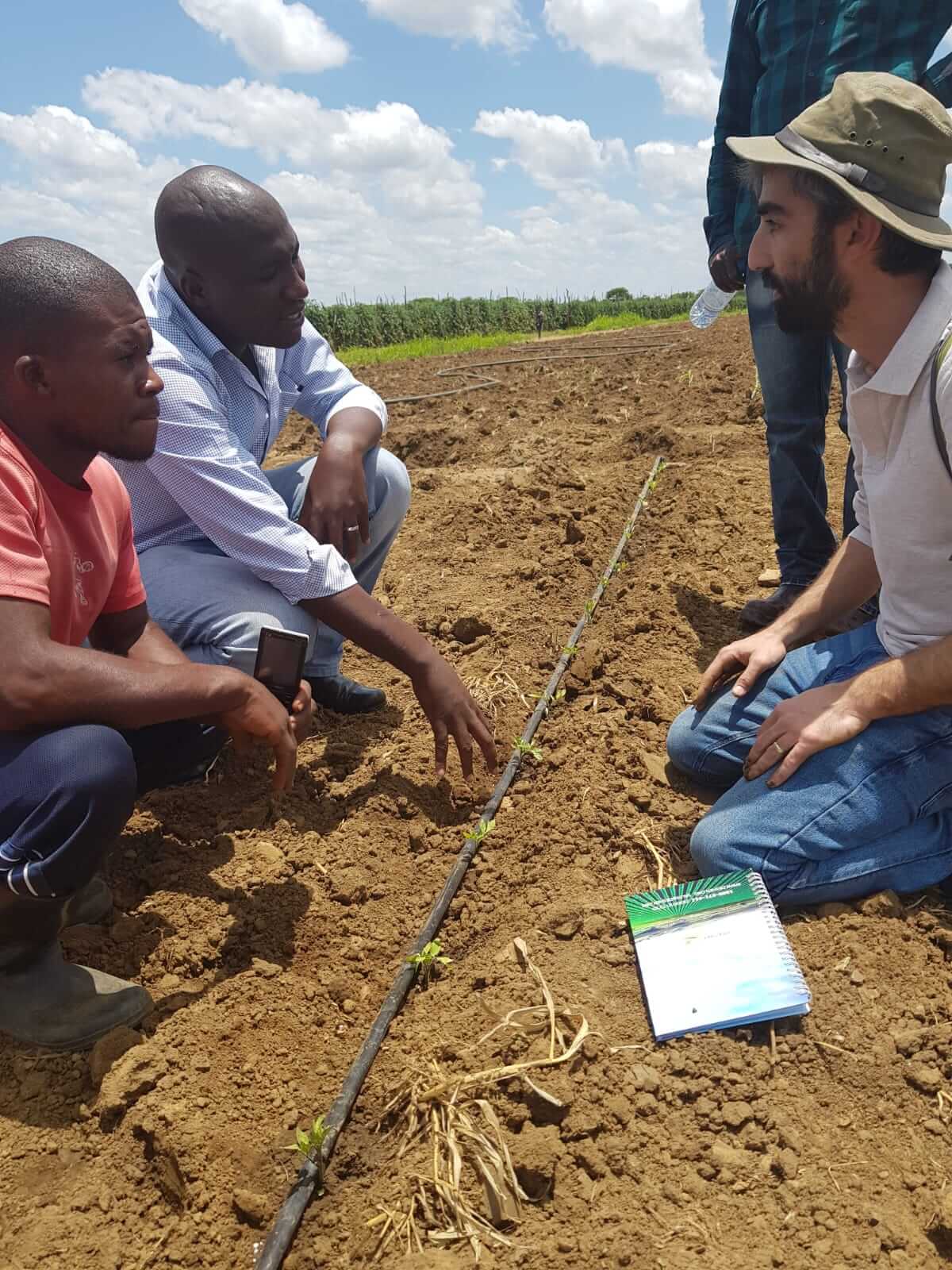Hydroponic cultivation is an advanced method of growing plants without soil, where the roots absorb essential nutrients directly from a mineral-rich aqueous solution. This method is becoming increasingly popular in modern agriculture due to its many benefits, including water efficiency, effective space utilization, controlled pest management, rapid growth rates, adaptability to all climates, and the ability to produce higher-quality yields.
For commercial growers interested in implementing hydroponics, this guide provides comprehensive technical information for setting up, managing, and scaling a commercial production system.
Overview of Common Hydroponic Systems in Agriculture
Several main types of hydroponic systems are used in agriculture, differing in how the plants are supplied with nutrient solutions:
- NFT (Nutrient Film Technique): In this system, a thin layer of nutrient-enriched solution flows over a sloped surface, allowing the roots to absorb nutrients directly from the flowing water.
- DWC (Deep Water Culture): Here, the roots are submerged in a well-oxygenated and aerated nutrient solution.
- Drip System: Nutrient solution drips steadily onto the growth medium surrounding the plant roots.
- Aeroponics: The nutrient solution is sprayed as a fine mist directly onto the plant roots.
Aeroponics system
Choosing Suitable Crops
While a wide variety of plants can be grown hydroponically, certain crops are better suited for commercial agriculture due to their growth rates, efficiency, and maintenance requirements.
- Leafy Vegetables: Crops like lettuce, spinach, and kale are popular choices due to their rapid growth, simple nutritional needs, and ability to produce abundant yields year-round.
- Herbs: Compact crops such as mint, cilantro, and parsley thrive in hydroponic systems and yield high returns.
- Fruiting Vegetables: Options like peppers, tomatoes, and cucumbers are also suitable but require more complex growing conditions.
When selecting crops, consider consumer preferences, seed/seedling availability, seasonal compatibility, and the farmer’s existing expertise and capabilities.
Managing the Nutrient Solution
The nutrient solution is the cornerstone of any hydroponic system. It contains all the essential minerals and nutrients needed for the plants’ healthy growth and development.
Commercial farmers should use specialized fertilizers and additives tailored for hydroponic cultivation, such as concentrated liquid fertilizers, soluble solid fertilizers, and calcium and magnesium supplements. Maintaining strict control over pH and EC (electrical conductivity) levels is crucial to ensure optimal nutrient absorption.
Lighting and Growing Environment
Lighting and environmental conditions are critical to the success of hydroponic cultivation. Plants require high-quality artificial light for photosynthesis and to achieve high yields.
- LED Lights: These are a popular choice for farmers due to their energy efficiency and customizable spectrum for specific plant needs.
- Environmental Conditions: Proper temperature, humidity, and ventilation must be maintained for optimal growth.
When combined with skilled nutrient management and substrate care, optimal environmental conditions ensure healthy growth and high-quality yields.
Additional Tips
- Maintain maximum cleanliness and hygiene in the system to minimize the risk of contamination and disease.
- Regularly monitor pH and EC parameters and adjust the nutrient solution as needed.
- Aerate the nutrient solution well to provide sufficient oxygen for the roots.
- Start gradually with a small hydroponic system and manage it carefully before expanding.
Hydroponic farming offers significant advantages in competitiveness, efficiency, and quality for many growers. By understanding the key components and applying proper cultivation practices, it is possible to achieve high yields and produce premium-quality crops year-round.
For more information and to purchase high-quality agricultural fertilizers, visit Shefa’s website.




